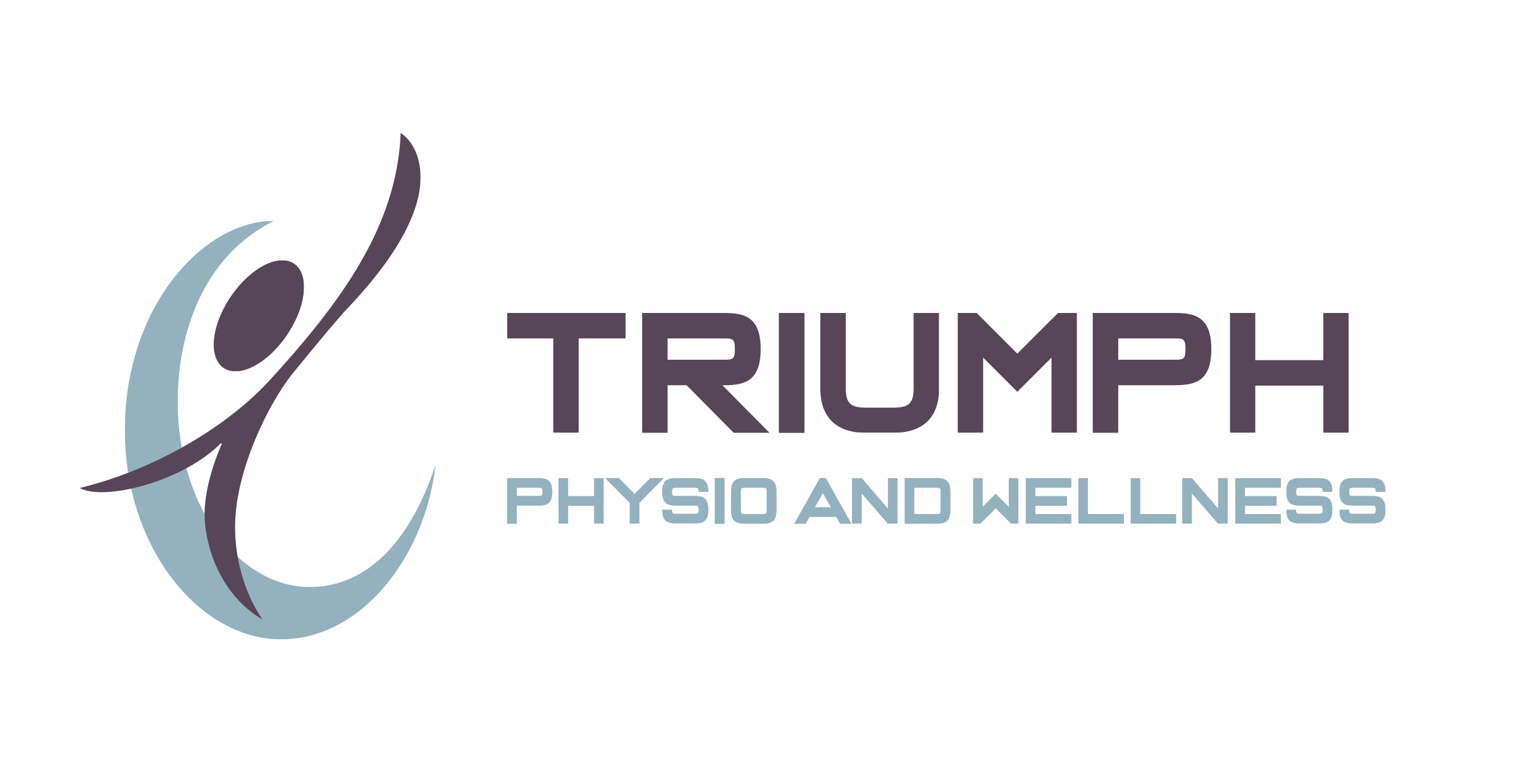Signs of Vestibular Disorders and How to Get the Help You Need
Have you ever experienced dizziness after standing up, or vertigo after you've looked downward? If so, you’re already somewhat familiar with your vestibular system!
The vestibular system refers to the link between your spinal cord and nerve endings, specifically the ones connecting to your brain and eyes. It's a complex arrangement for sure, and it all affects your senses of balance and sight.
Even though the vestibular system is so small compared to your muscular and cardiovascular systems, it still plays an essential role in your day-to-day life. A regularly functioning vestibular system provides your brain with a steady supply of information, such as on your body’s movement, position, and orientation to the space around it.
Unfortunately, with every efficient system in the body, there's room for disorder to develop. Vestibular disorders in particular are a widespread problem. While there's no exact statistic, it's estimated that 1.5 million Canadians are affected by a vestibular disorder.
There's no doubt about it—this can have unexpectedly drastic effects on your typical lifestyle. You may be wondering now, what are the symptoms of vestibular disorders to look out for? And if you're experiencing them, how do you get the help you need?
Signs of Vestibular Disorders
Vestibular disorders can appear very differently depending on the person, cause, and situation. These symptoms might be short-acting and mild, or they could be persistent and severe. Here are some of the most common signs of vestibular disorders to be aware of.
Dizziness, imbalance, and unsteadiness
These symptoms are by far the most common signs of a vestibular disorder, as they indicate a disruption in the flow of orientation information to the brain. If you’re experiencing dizziness, either ongoing or in sudden bouts, it could be a sign of a vestibular disorder. Related symptoms include trouble with your balance, feeling lightheaded, or feeling unsteady on your feet.
Vertigo
Vertigo is another one of the most common symptoms of a vestibular disorder. It is characterized by a sensation of your environment moving and spinning around you, which can easily lead to you becoming disoriented or dizzy.
Memory or concentration issues
Cognitive changes and challenges, as well as brain fog, are often reported by people with vestibular disorders. They may have a hard time thinking, reasoning, or problem-solving. They might find it difficult to focus on conversations or media and may struggle to recall basic tasks or recent events.
Blurred or distorted vision
Depending on the severity of a vestibular disorder, patients might experience blurred, bouncing, or otherwise distorted vision. This will usually be more apparent during bouts of symptoms versus being a persistent problem.
Nausea
As a result of ongoing dizziness and disorientation, it’s very common for patients with vestibular disorders to experience frequent bouts of nausea. This is often described similarly to sea sickness (which tends to affect those with vestibular disorders more severely), and may or may not cause vomiting.
Derealization/Depersonalization
These two experiences can be quite different but also share much in common. Derealization is the feeling of alienation from the world around you. It’s often associated with emotional disconnection and distortions of time and the size and shape of objects in the environment.
Depersonalization is the feeling of being an outside observer of your own mind and body, rather than inhabiting yourself normally. It’s also often associated with a feeling of emotional numbness.
Ongoing neck or back pain
Many with vestibular disorders complain of excess muscle pain in the neck, shoulders, and back, often as a result of compensatory muscle tension.
Getting the Help You Need: Vestibular Therapy
For such a seemingly small part of the body, your vestibular system has the power to completely change your life if affected by a disorder. From mild bouts of vertigo to enduring dizziness and cognitive issues, these disorders cover a wide spectrum of severity.
Thankfully, there’s hope for those dealing with these difficult conditions! At Triumph Physio & Wellness, we offer vestibular therapy as one of our many services. Vestibular therapy is a specialized modality of physiotherapy that focuses on the vestibular system. Rather than the muscular or cardiovascular systems, this therapy aims to heal your vestibular system and help you find your footing again.
Prior to any treatment, we'll go over your signs of vestibular disorders during an assessment. This can range from 60 minutes to longer, as we've found that the longer the assessment is, the greater we'll understand your specific case and the better management for your treatment you'll be able to receive.
The main form of vestibular therapy is a set of specific exercises designed to help stabilize your gait (walking) and gaze (vision). These involve exercises that move the head, which will gradually re-train and stimulate your vestibular system. Some patients experience relief from their symptoms after just a couple of weeks, although some notice a change after even one session.
If any of the above signs of vestibular disorders align with your current situation, please know that there is help and hope for you both! Contact us today if you'd like to know more about vestibular therapy or if you need to book an assessment.
Creative Commons Attribution: Permission is granted to repost this article in its entirety with credit to Triumph Physio and Wellness and a clickable link back to this page.

